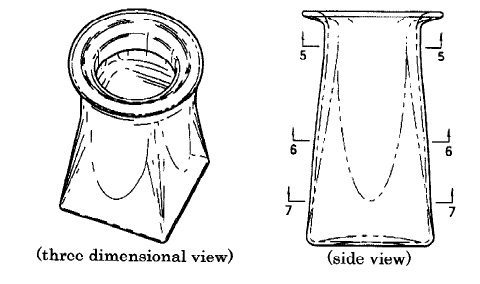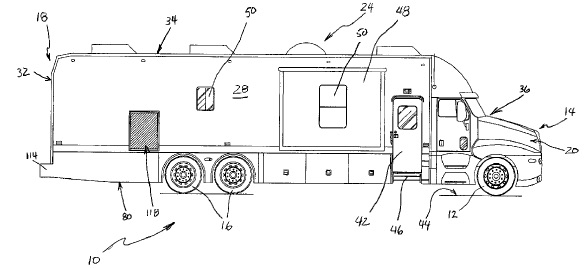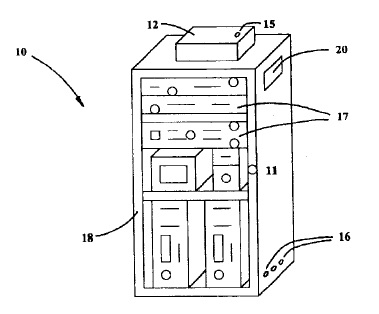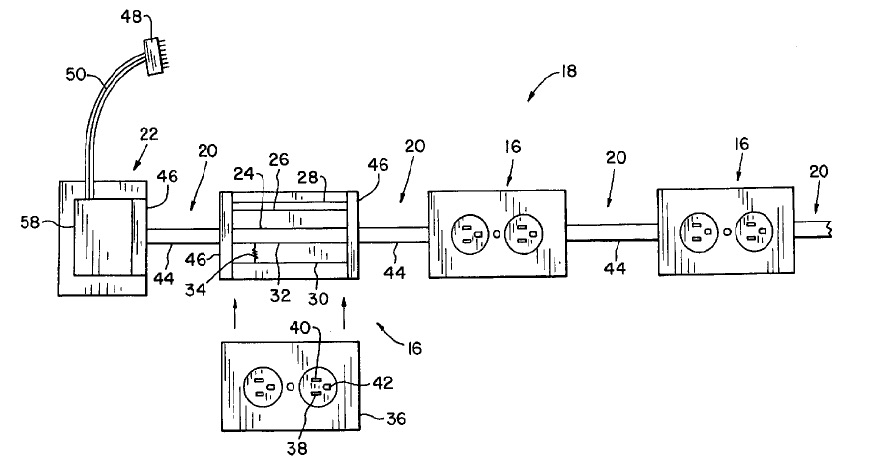Indianapolis, IN – A bill pending in the Indiana General Assembly would make changes to Indiana’s Right of Publicity Law, I.C. 32-36-1-8. The bill would clarify that a person who died before 1994 does have the publicity rights provided by the law.
This bill is co-authored by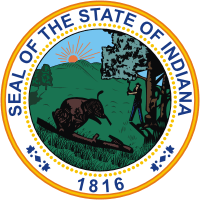 Representatives Sean Eberhart of Shelbyville and Ralph Foley of Martinsville. It has been referred to the House Judiciary Committee. The Indianapolis Star quoted Representative Foley as explaining the need for the law as confusion in federal courts regarding whether the publicity rights attach to persons who died before 1994.
Representatives Sean Eberhart of Shelbyville and Ralph Foley of Martinsville. It has been referred to the House Judiciary Committee. The Indianapolis Star quoted Representative Foley as explaining the need for the law as confusion in federal courts regarding whether the publicity rights attach to persons who died before 1994.
As we have previously blogged about, Indiana’s Right to Publicity law is considered one of the strongest in the world. This bill, if passed, appears to strengthen that law even further. The Indiana Law Blog has compiled some recent blogs regarding the Right to Publicity law.
Practice Tip: The Indiana General Assembly has a “short session” this year, meaning March 14 will be the last day of the session. If this bill is to become a law this session, it must move quickly through the House and Senate committees in the next several weeks in order to get to Governor Daniel’s desk by March 14.
Continue reading





